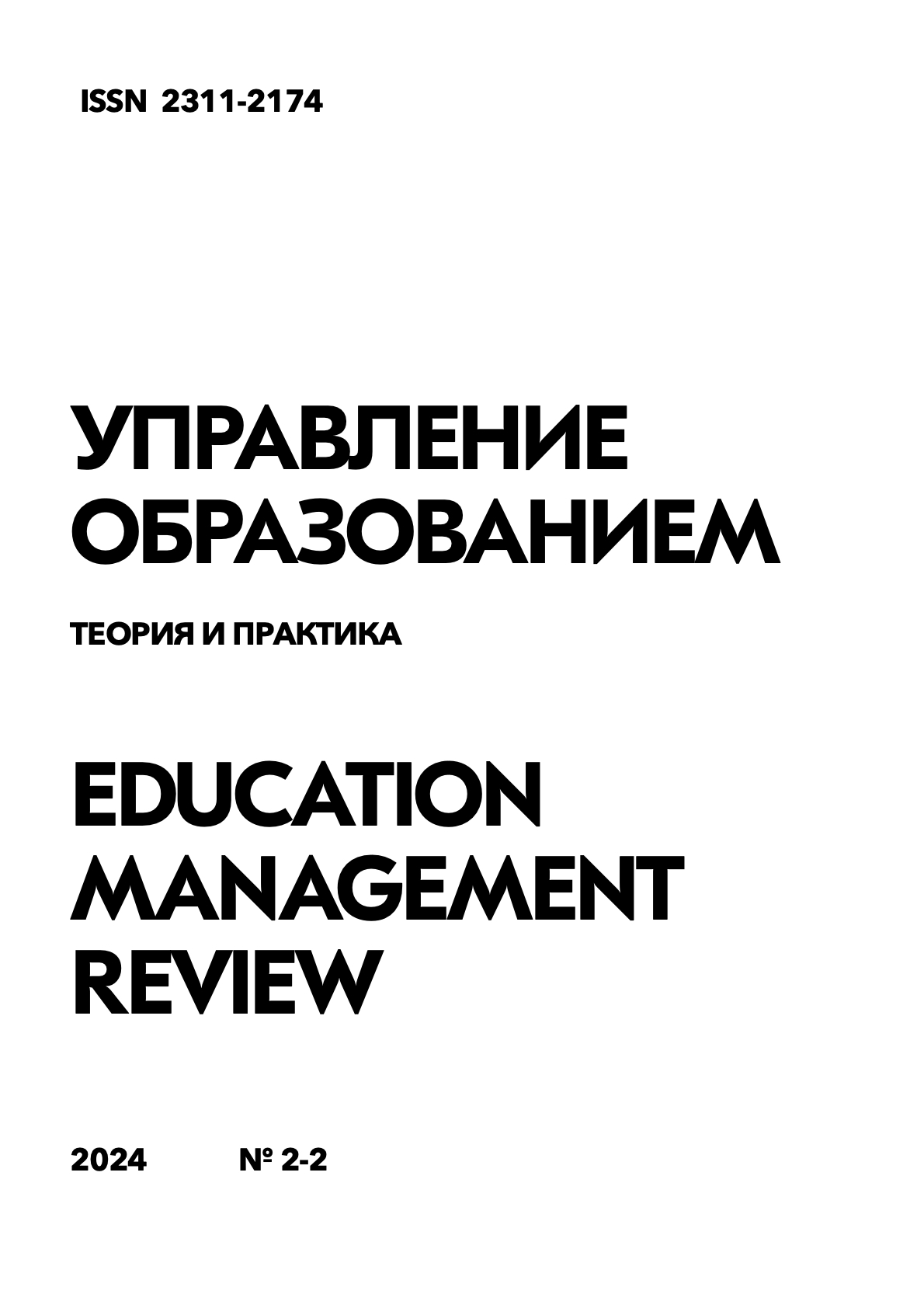Reform of teaching a special foreign language based on the case study method: using the example of special terms in the transport and logistics industry
DOI:
https://doi.org/10.25726/z5070-5199-6228-lKeywords:
classroom reform, case study methodology, professional foreign language, artificial intelligence technologies, digitalizationAbstract
The aim is to provide students with knowledge that they can use in practice in their future professional activities. Using real-life cases in teaching helps students better understand how to apply special vocabulary and terminology in the context of specific situations. The scientific novelty of the article the use of modern technologies to stimulate the reform of the training model is an inevitable way to strengthen education. This article analyzes the problems that exist in teaching the course «Professional foreign language», and examines the importance of the case study method in teaching the course «Professional foreign language» on the example of a specialty in the field of transport. The theoretical model of teaching the course is also being revised, methods of listening, expressing thoughts, reading, writing, vocabulary development and other classroom teaching methods are being developed, providing new ideas and reference materials for the reform of teaching the course «Professional Foreign Language». As a result, the use of case studies to teach special vocabulary in the field of transport is an innovative approach that differs from traditional methods of language teaching. This provides students with a more hands-on and contextual experience, helping them better understand and remember specific terminology in the context of its use.
References
Десятова О.В. Активные методы обучения в профессионально-ориентированном обучении иностранным языкам (на примере кейс-стади) // Актуальные проблемы гуманитарных и естественных наук. 2011. С. 148-151.
Заболотнева О.Л., Кожухова И.В. Некоторые приемы развития навыков устной речи обучающихся языковых специальностей // Научно-методический электронный журнал «Концепт». 2021. № 7. С. 62-76.
Киргуева Р.А. Практические аспекты обучения иностранному языку в педагогическом процессе (на примере диалогической речи) // Международный научно-исследовательский журнал. 2016. № 7-2(49). С. 31-33.
Кирова Ю.С. Метод кейс-стади: развтие креативности через написание делового письма на иностранном языке // Вопросы педагогики. 2022. № 6-1. С. 145-147.
Плеханова Ю.В. Возможности использования метода кейс-стади в высшем профессиональном образовании (на примере подготовки учителей иностранных языков) // Педагогика 2014. Достижения, проекты, гипотезы: сб. науч. док., Краков, 29-30 декабря 2014 г. Т. 1. Краков: Diamond trading tour, 2014. С. 100-109.
Полякова Д.Р., Ермошин Ю.А. Корпоративное обучение взрослых немецкому языку на основе метода кейс-стади // Вестник БГУ. 2017. № 4(34).
Хильченко Т.В. Использование метода кейс-стади на практических занятиях по дисциплине «Теория и методика обучения первому иностранному языку» // Актуальные вопросы лингводидактики и методики преподавания иностранных языков: сб. науч. ст. по мат. XXXII Междунар. науч.-прак. конф., Чебоксары, 21-22 апреля 2022 г. Чебоксары: Чувашский государственный педагогический университет им. И.Я. Яковлева, 2022. С. 166-173.
Banartseva A.V., Vlasova L.Yu. Kaplina A.V., Banartseva I.V. The necessity of blended learning in the modern conditions of educational development (on the example of teaching a foreign language at a technical University) // Проблемы современного педагогического образования. 2021. № 71-2. C. 51-54.
Islamov R.S. The Features of the students' interaction with artificial intelligence in foreign language classes in the era of digitalization of higher education // Virtual Communication and Social Networks. 2022. Vol. 1. № 1(1). C. 42-48.




